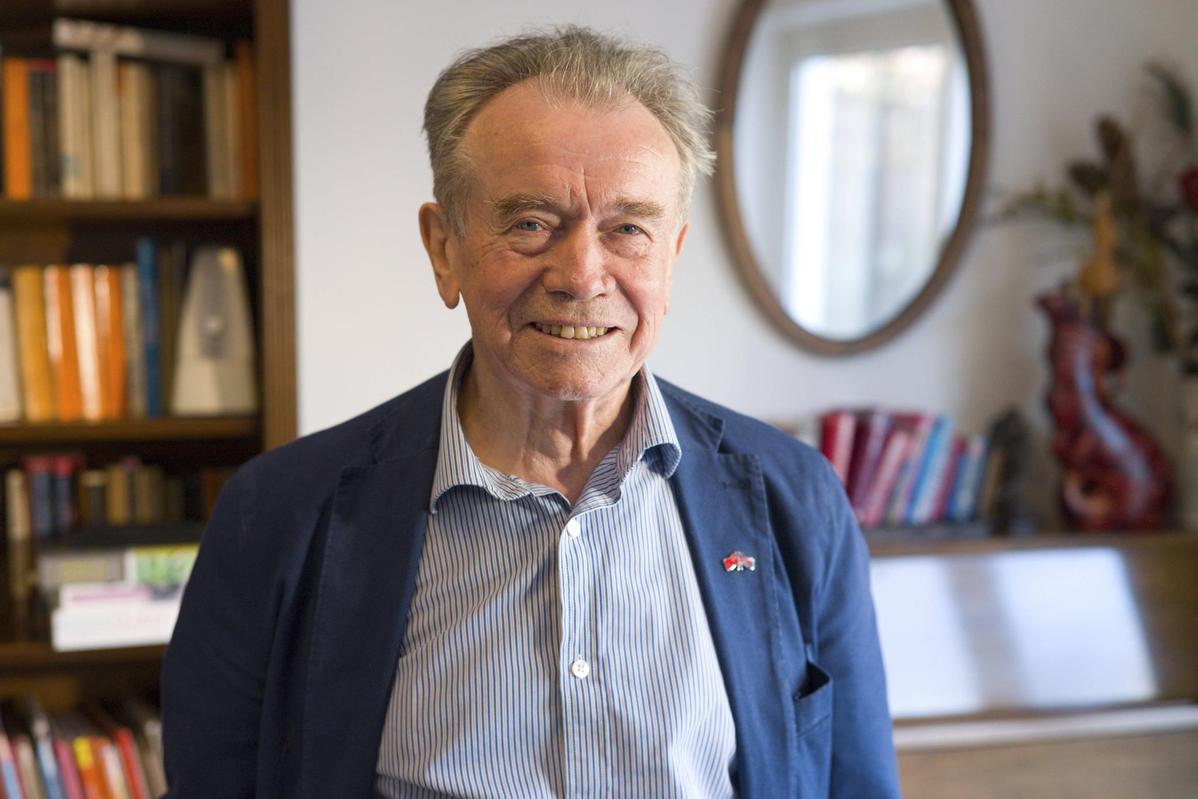Albrow, Martin

Bio: (1937-) British sociologist. Martin Albrow taught at the universities of Cardiff, Munich, and Cambridge, and today he teaches at the London School of Economics. At the beginning of his career, he studied topics of bureaucracy, organization, and Max Weber. Albrow believes that the rational bureaucratic procedure, which Weber wrote about, is the best tool for measuring efficiency, which does not necessarily mean ensuring the success of the organization. In the late eighties of the twentieth century, Albrow began to take an interest in the problems of globalization.
In his book The Global Age (1996), he defines globalization as "the diffusion of practices, values, and technologies that affect people's lives around the world." Globalization leads to a decline in the importance of the nation-state, while, at the same time, bringing an increase in international ties, diversification of patterns of personal relations, and an increase in the number of social forms that transcend national borders. He makes a sharp distinction between modernity, which is characterized by the great influence of the state, and the market, and the spread of universal ideas, and globalization, which is characterized by the absence of cultural borders and diversification of cultural expressions. In the political sphere, identity-based politics is becoming more important than national politics. In the same book, he argues that at the end of the twentieth century, there comes the development of hyperglobalization. Hyperglobalization is characterized by the emergence of global capitalism and global governance, and they are the biggest motors of the development of capitalism and technology. The ultimate end result of this process is the creation of a global civilization.
Main works
Bureaucracy (1970);
Globalization, Knowledge and Society (1990);
The Global Age: State and Society Beyond Modernity (1996);
Do Organizations Have Feelings (1997);
Global Civil Society (2011);
Globality and the Absence of Justice (2011);
China's Role in a Shared Human Future (2018).

